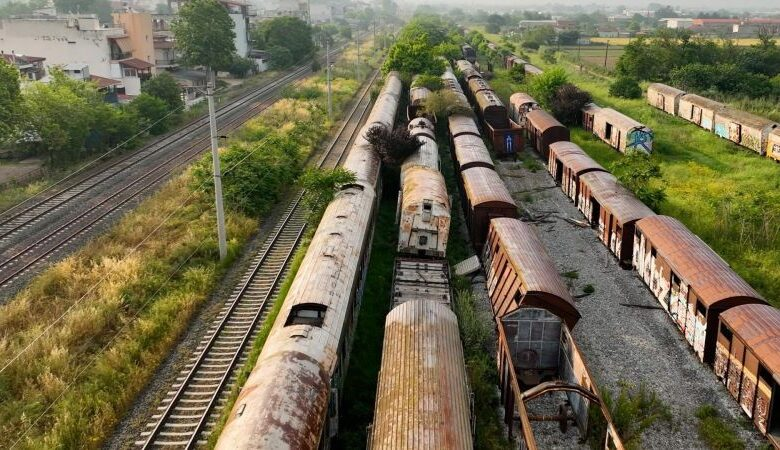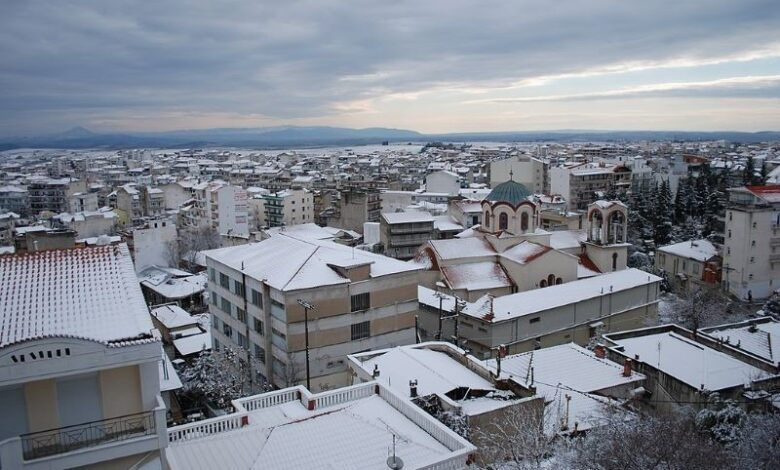The most ardent wish of the Greeks during all the years they lived under the Turkish yoke was the creation of a free Greek state.
However, this goal was not achieved in 1821 with the outbreak of the Greek Revolution, but on January 22 / February 3, 1830 (using the old and new calendars respectively) when the three great Powers of that time, England, France and Russia, signed the London Protocol, also known as Independence Protocol.
However, the first official diplomatic document recognizing the political status of Greece was the St. Petersburg Protocol (23 March / 4 April 1826), signed by the three Powers. It recognized it as an autonomous part of the Ottoman Empire, with tribute to the Sultan and with native elected rulers. By signing the protocol, the three Powers completely distanced themselves from Austria and the anti-Greek policy of Chancellor Metternich. One drawback of the protocol was that it contained many ambiguities, especially on the issue of borders. The Julian Treaty of London (24 June / 6 July 1827) also spoke of an autonomous Greek state.
We should also note that this was the first time that there was official talk of a single state called "Greece". This is because in ancient times each Greek city was a separate state, while in Roman and later Byzantine times Greece was a Roman and Byzantine province. In fact, the actual name of the Byzantine Empire was Roman (there is also the name Romania) and its citizens were called Romans, although from the 7th century the official language of the state was Greek. Hence the terms "Romios", "Romiosini" and "Roman", denoting the Neo-Greek, New Hellenism and the Modern Greek (urban) language. The term "Hellene", which had been almost abandoned in the Byzantine period to denote the pagan, was again used from the 12th century, and after the conquest of Constantinople by the Franks (1204) its use became widespread.
And now we come to the year 1828 On Epiphany Ioannis Kapodistrias arrives at Nafplio as the first governor of Greece, with permission from the 3rd National Assembly of Troizina to rule for seven years. Kapodistrias undertakes to build the state literally from nothing, since there is no organization or institutions. His main concern is the degree of independence and the issue of borders.
Kapodistrias was a determined, persistent, pushy and assertive man. He was never satisfied with what he was given and constantly asked for more. Highly experienced in diplomacy, he manages to put the Greek question at the top of the agenda of European diplomatic circles. He makes sure with successive memos to secure gains and make new demands. That is why he will first try to expand the borders and leave the claim to independence for later. He will also take advantage of the Russo-Turkish War of 1828-29 (and Russia's victory) and the disputes between England and France over their interests in the SE Mediterranean.
In November 1828, the relevant London Protocol established the borders of Greece, which would include only the Peloponnese, the adjacent islands and the Cyclades. Needless to say, Capodistrias does not stand with his arms folded. He demands an enlargement of the borders, for a state with such narrow borders is not viable. The ambassadors of the three Powers agree with his positions. In fact, with a new London Protocol in March 1929, the line Pagasitic-Amvrakikos is defined as the new border, including Euboea and the Cyclades. However, there is no talk of independence yet, the status of subordination remains.
The victory of Russia in the Russo-Turkish war and the victories of the Greeks against the Turks in 1829 in Central Greece forced the Ottoman Empire to surrender and accept the last protocol of London and the Julian Treaty. Britain, seeing Russia's prestige growing in Greece, takes the spectacular step of proposing Greek independence. France also formulates its position in order to maintain its influence in Greece. In fact, on January 22 / February 3, the three Powers will sign the new London Protocol which provides: "Greece wishes to form an independent state and wishes to enjoy all just political, administrative and commercial gains in complete independence." The border extends to the Acheloos-Sperchios line, in exchange for the Ottoman Empire, so Greece does not border the Ionian Islands, which was under British occupation. However, a large part of the Western Mainland is left out. Greece will include Euboea, the Cyclades and the Sporades. Kapodistrias will succeed in improving the borders next year. Unfortunately, his opponents have a different view of his work and kill him.
With the Protocol of Independence, the Greek Revolution ended and the free political life of the nation began. Greece had finally gained state power and respect within the international community.









